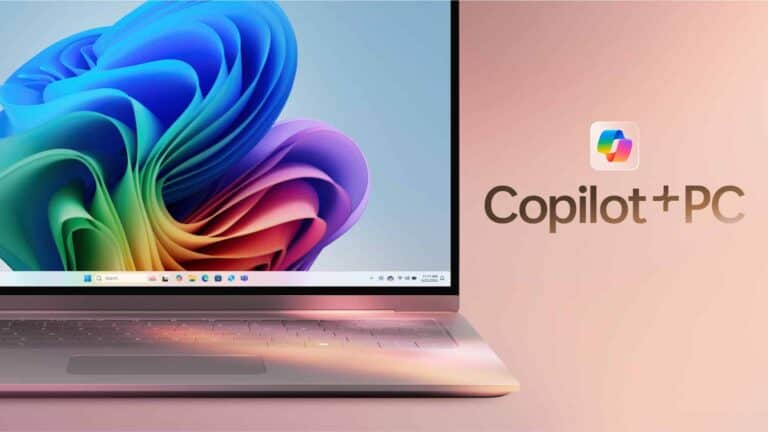The latest update to Microsoft 365 Copilot introduces AI-driven search functionality, known as reasoning models, and a new Agent Store.
One of the additions is an AI-powered search function for businesses. This previously posed a challenge for enterprise search engine providers due to the complexity of policy rules across different data sources to ensure that only appropriate documents were displayed.
According to Jon Friedman, vice president of design and research, Copilot Search brings together the power of search and AI to deliver more relevant, context-aware search results. He explained in a video that the system connects work data and dozens of apps so users can quickly find what they need. Copilot can also provide summaries of files so users can understand the content without opening the document.
Managing interactions with Copilot
For those concerned about a large language model searching through company documents, Microsoft points to the Copilot Control System. This should enable IT administrators and security staff to manage interactions with Copilot and its access.
This includes an Apps and Agents section in Data Security Posture Management for AI with Purview, specifically for monitoring. A Copilot Analytics service and a Copilot Studio Agents Report are also available in Microsoft Viva Insights.
Two new agents
As for the AI itself, Microsoft 365 Copilot has two new elements: Researcher and Analyst. These are called reasoning agents, based on OpenAI’s reasoning models, although Microsoft has not specified exactly which ones. The term reasoning refers to dividing tasks into steps and showing how they are performed.
The Researcher agent is designed to assist with complex, multi-step research tasks, similar to a research agent introduced by OpenAI in February. In a demonstration, Microsoft showed how an agent was asked to draw up a marketing plan for a new smart sneaker, with an emphasis on ergonomic design, health features, and GPS integration, including recommendations for digital channels, content strategy, and insights from previous campaigns and the competition.
The Analyst agent promises similar performance in data analysis. A Microsoft employee explained in a video that Analyst is built on OpenAI’s o3 mini reasoning model and optimized for advanced data analysis in the workplace. He said the agent knows when and how to use Python, even for people who have never written code before. The AI can also explain the code.
New Agent Store
These new agents are available in the new Agent Store, which also features products from partners such as Jira, Monday.com, and Miro. Companies can also build their own agents for specific tasks or to give Copilot access to specific data.
In the Create environment, Copilot has been expanded with image generation based on OpenAI’s GPT-4o. People who want to focus on design or don’t feel like using their creative talent can now have Microsoft’s AI create more types of banners, visual expressions, and marketing texts.
Another new feature is Notebooks. This is a place where users can collect individual files, which Copilot can then analyze on demand. Friedman explained that Copilot Notebooks collects all files related to a project in one place, allowing users to have targeted conversations with Copilot based on that information.
Phased rollout
Some Wave 2 features, such as the Researcher and Analyst agents, are immediately available to Frontier Program participants. They will be rolled out to the general public gradually through May.
The announcement coincides with a prediction by IT consulting firm Gartner about an AI paradox in the coming year. According to Gartner, expectations surrounding generative AI are declining due to high failure rates in pilot projects and disappointing results. However, investment is on the rise. Gartner expects global spending on generative AI to exceed $644 billion in 2025, an increase of more than 76 percent compared to 2024.
